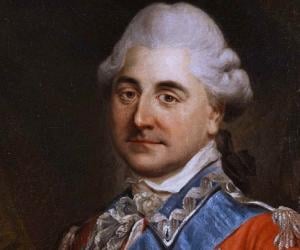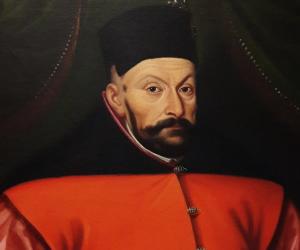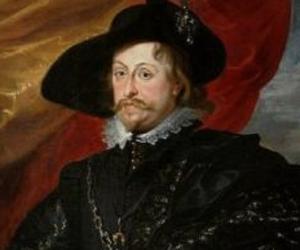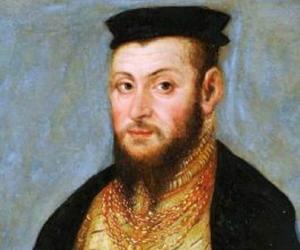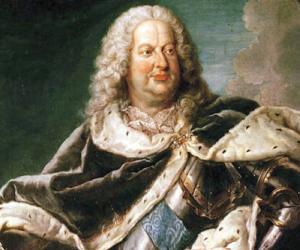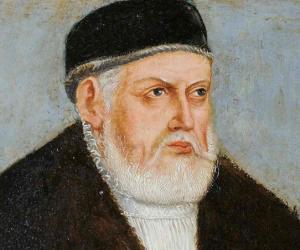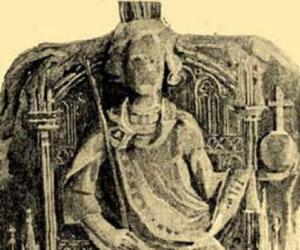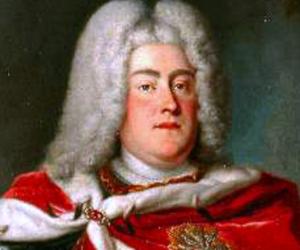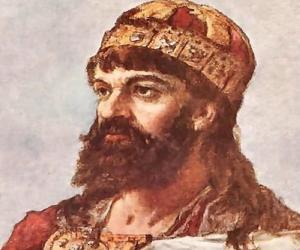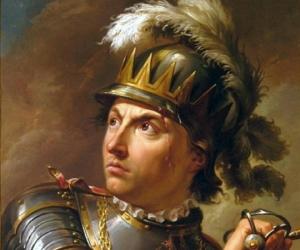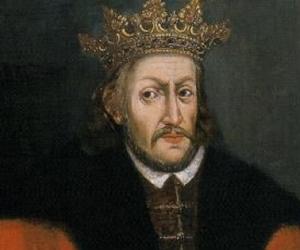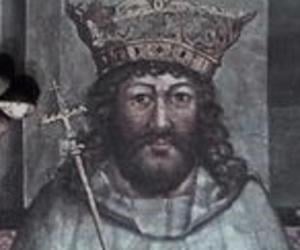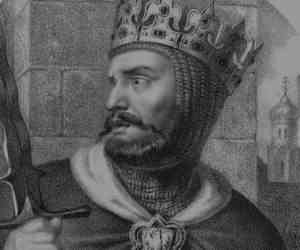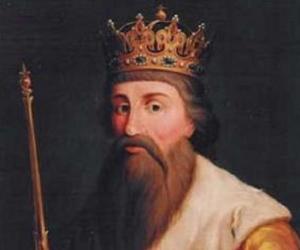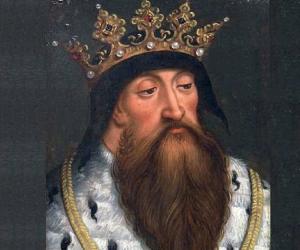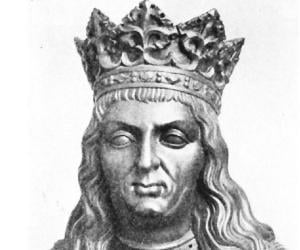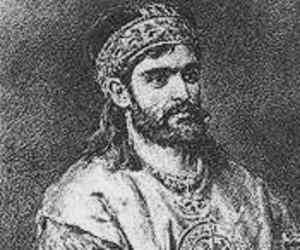1
Sigismund III Vasa
(King of Poland)
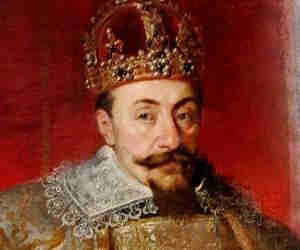
19
6
Birthdate: June 20, 1566
Sun Sign: Gemini
Birthplace: Gripsholm Castle
Died: April 30, 1632
Sigismund III Vasa was King of Poland and Grand Duke of Lithuania from 1587 to 1632. He also held the titles of King of Sweden and Grand Duke of Finland from 1592 to 1599. Known for his religious zeal, he enforced Roman Catholicism, expanded Poland's territories through crusades, and centralized power in an era of prosperity. Despite facing opposition and conflicts, he interfered in neighboring countries' affairs, achieved military victories, and left a mixed legacy of achievements in the arts and architecture alongside religious persecutions.
